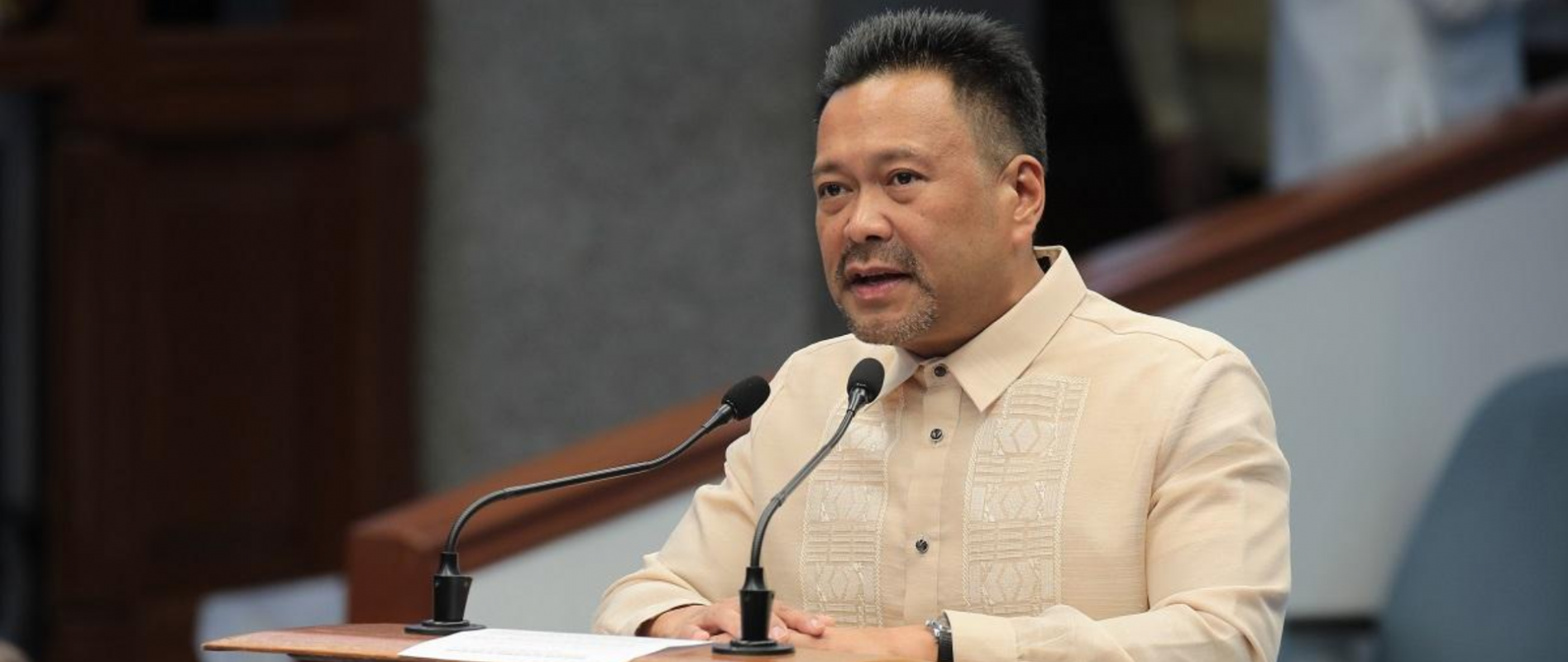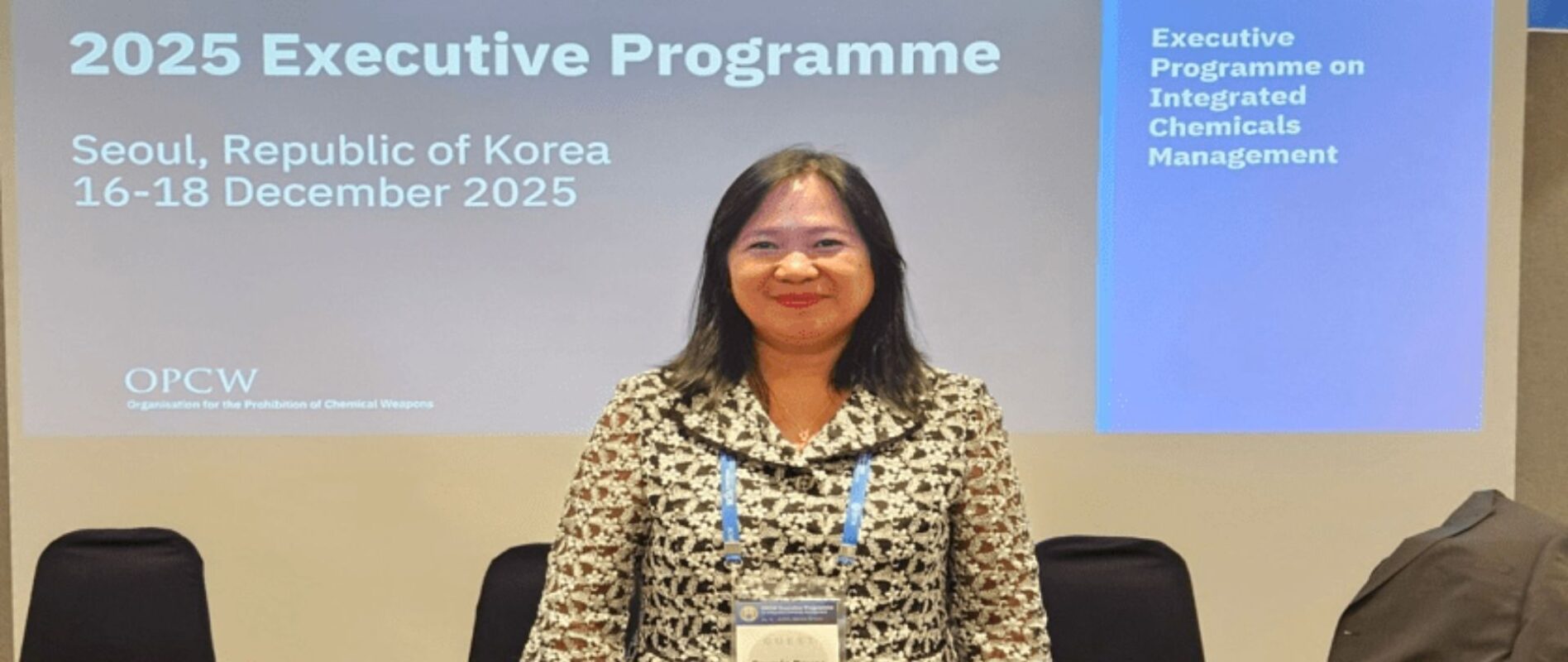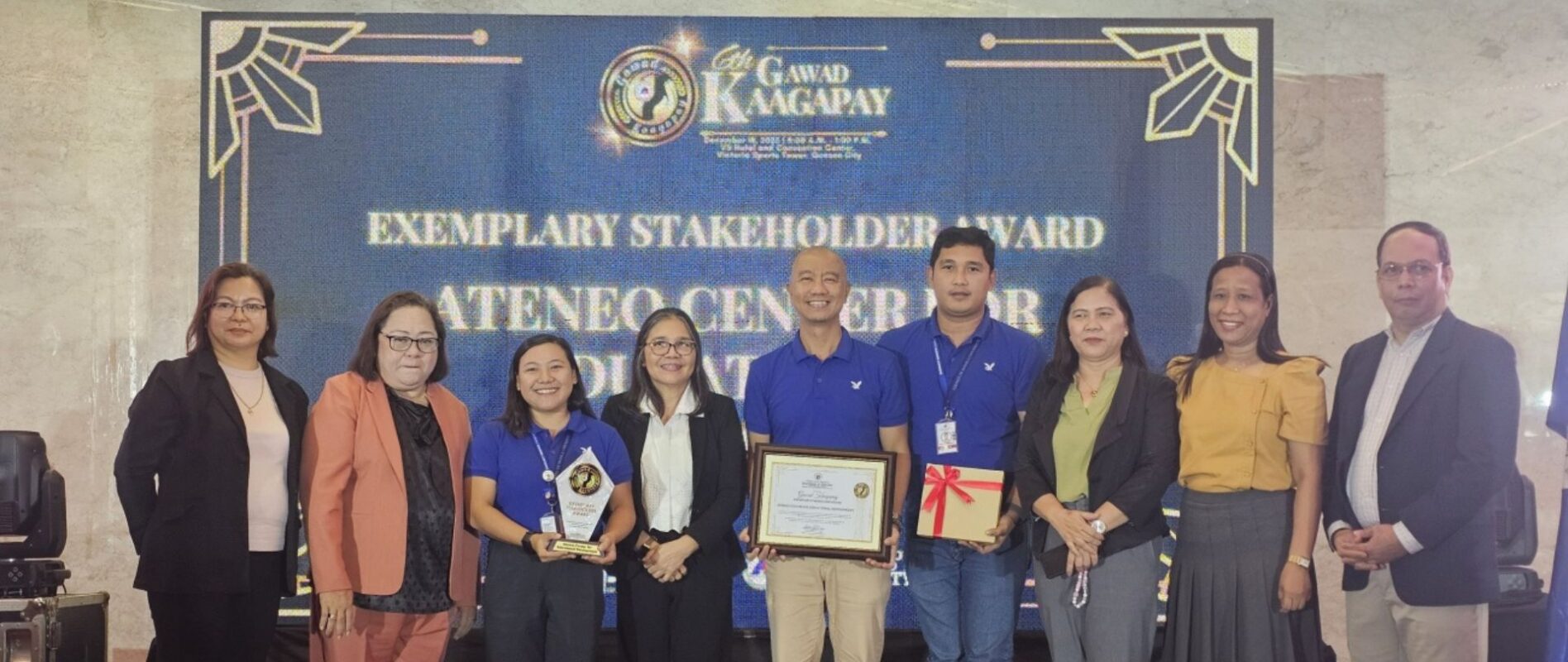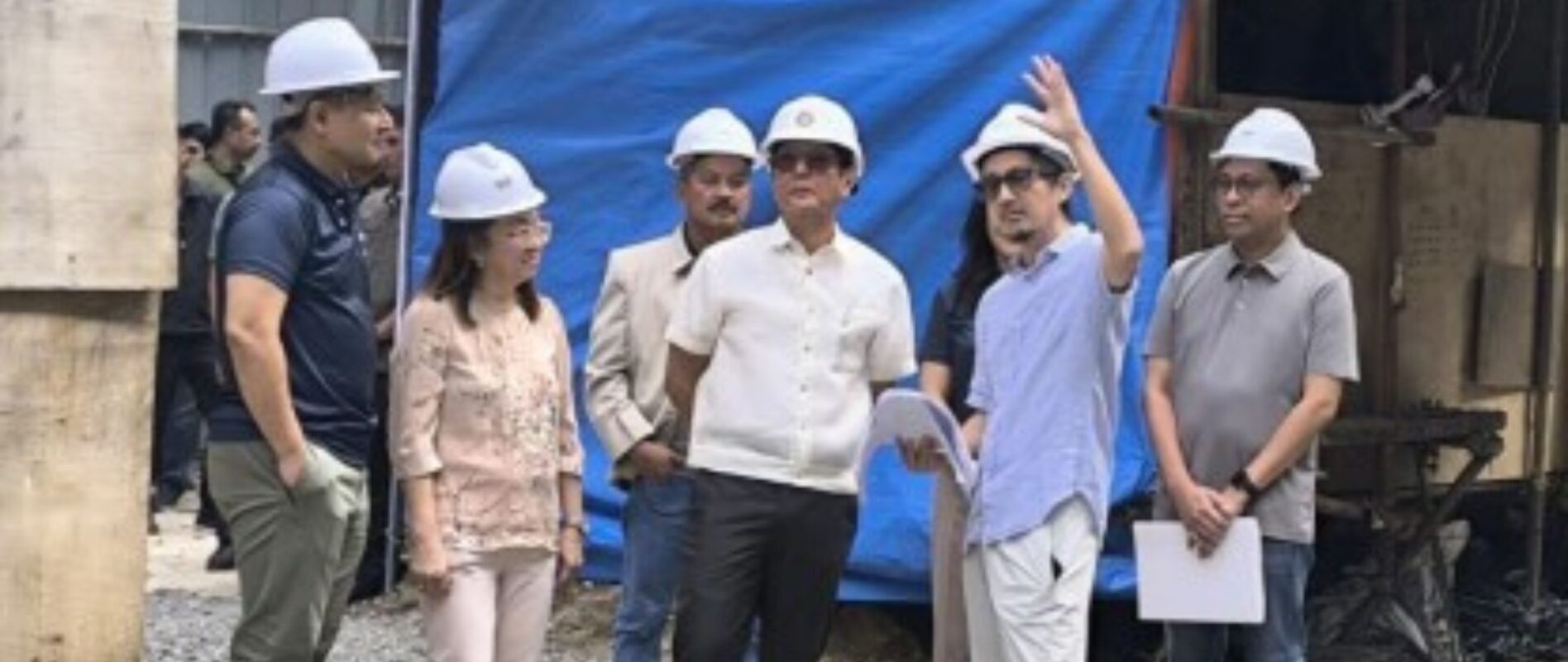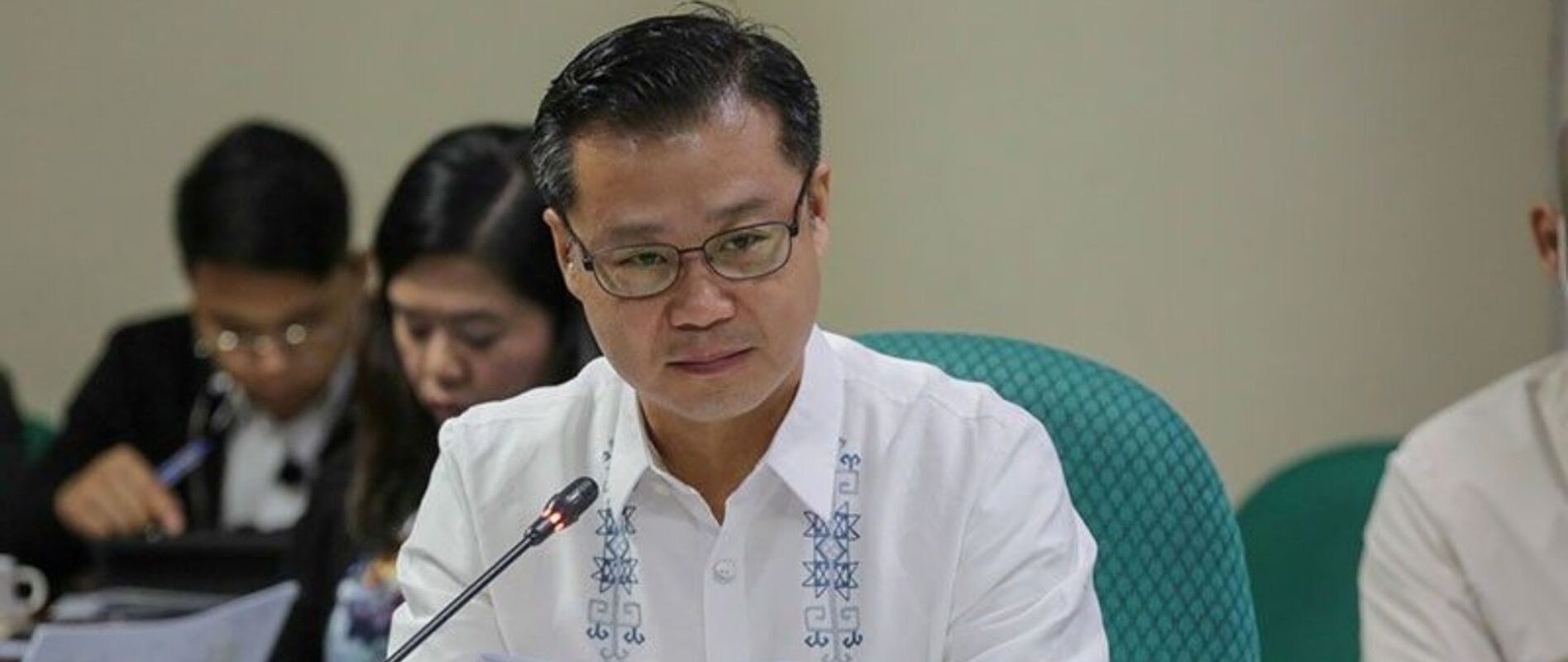SENATOR PUSHES FOR PRIORITY INFRASTRUCTURE PLAN FOR SUCs
SENATOR JV Ejercito has filed a bill seeking to establish a Priority Infrastructure Plan for State Universities and Colleges (SUCs) to ensure that free higher education is supported by safe, modern, and well-equipped learning facilities nationwide.
Senate Bill No. 1379, or the proposed Priority Infrastructure for State Universities and Colleges Act, aims to adopt a long-term, evidence-based approach to campus development by identifying and funding critical infrastructure projects such as classrooms, laboratories, dormitories, and research centers.
Ejercito emphasized that while Republic Act No. 10931, or the Universal Access to Quality Tertiary Education Act, has expanded access to free education, many students still study in overcrowded classrooms, outdated laboratories, and unsafe buildings.
“Access must be matched with places that genuinely enable learning, research, and student life,” he said in the bill’s explanatory note.
Under the measure, all SUCs will be required to submit yearly priority infrastructure projects aligned with their Land Use Development and Infrastructure Plan, as mandated by Republic Act No. 11396. The Commission on Higher Education (CHED) will then consolidate these into a five-year infrastructure plan, consistent with national and regional development goals set by the National Economic and Development Authority (NEDA).
To jumpstart the program, the bill mandates an annual allocation of ₱25 billion in the CHED budget for the first five years. Funding for succeeding years will be incorporated into the General Appropriations Act.
An Inter-Agency Committee composed of CHED, the Department of Budget and Management, the Department of Public Works and Highways, and NEDA will oversee implementation to ensure transparency and efficiency.
Ejercito said the measure would help decongest classrooms, enhance research and innovation capacity, and provide affordable dormitories, particularly for students from distant areas.
“This will move us away from piecemeal projects and toward a master-planned, plan-driven pipeline that delivers better value for public funds and faster improvements in learning environments,” he added.

